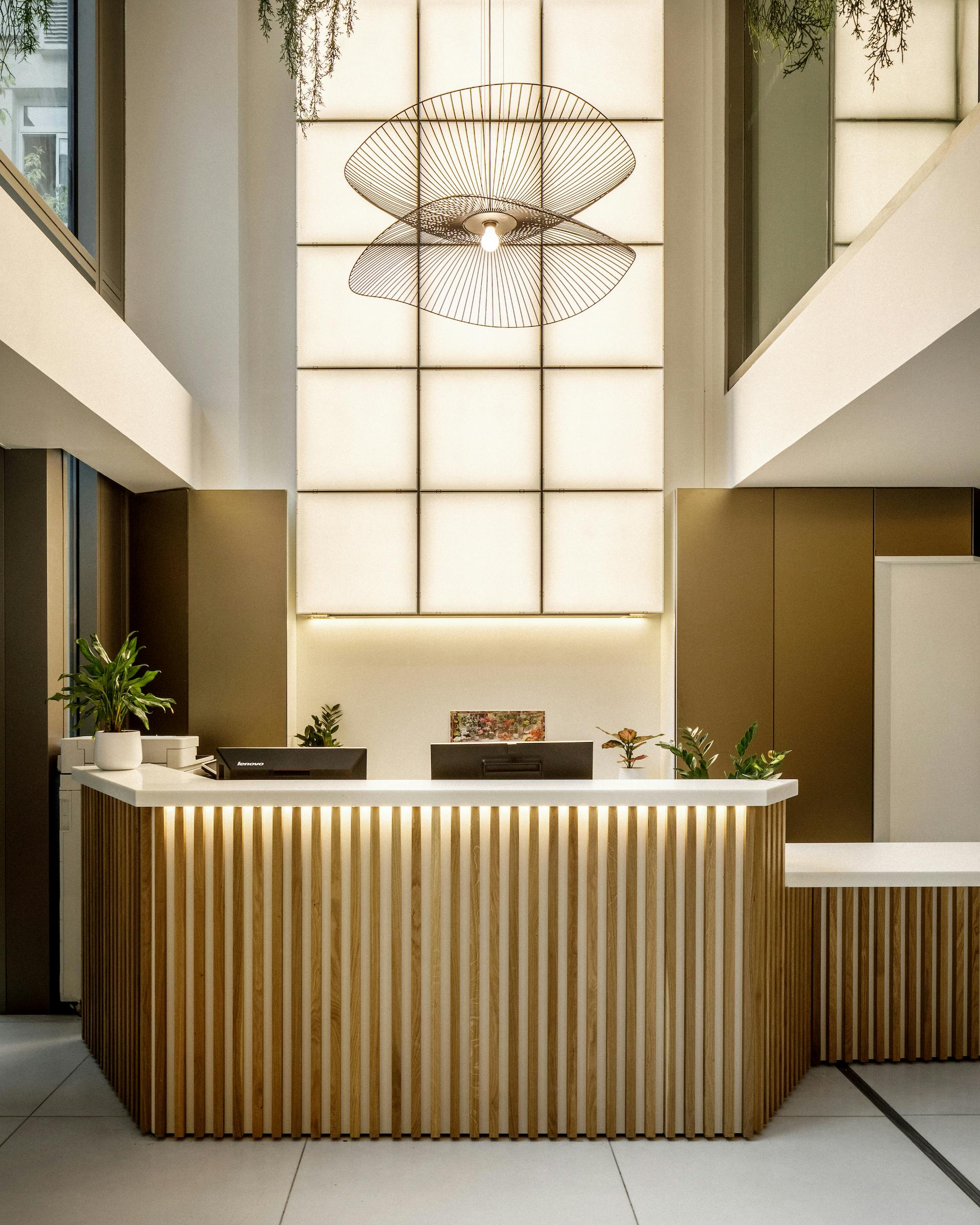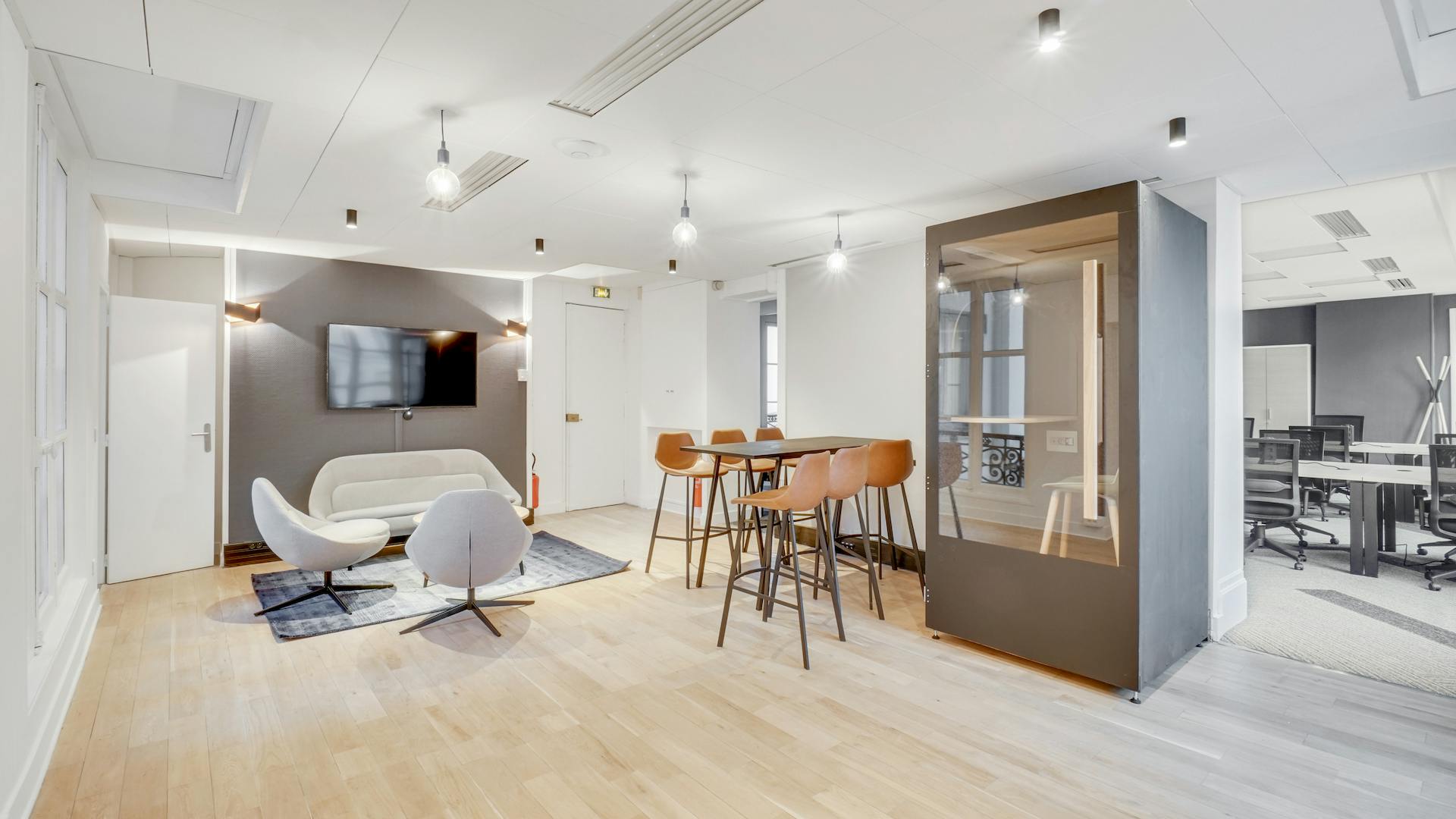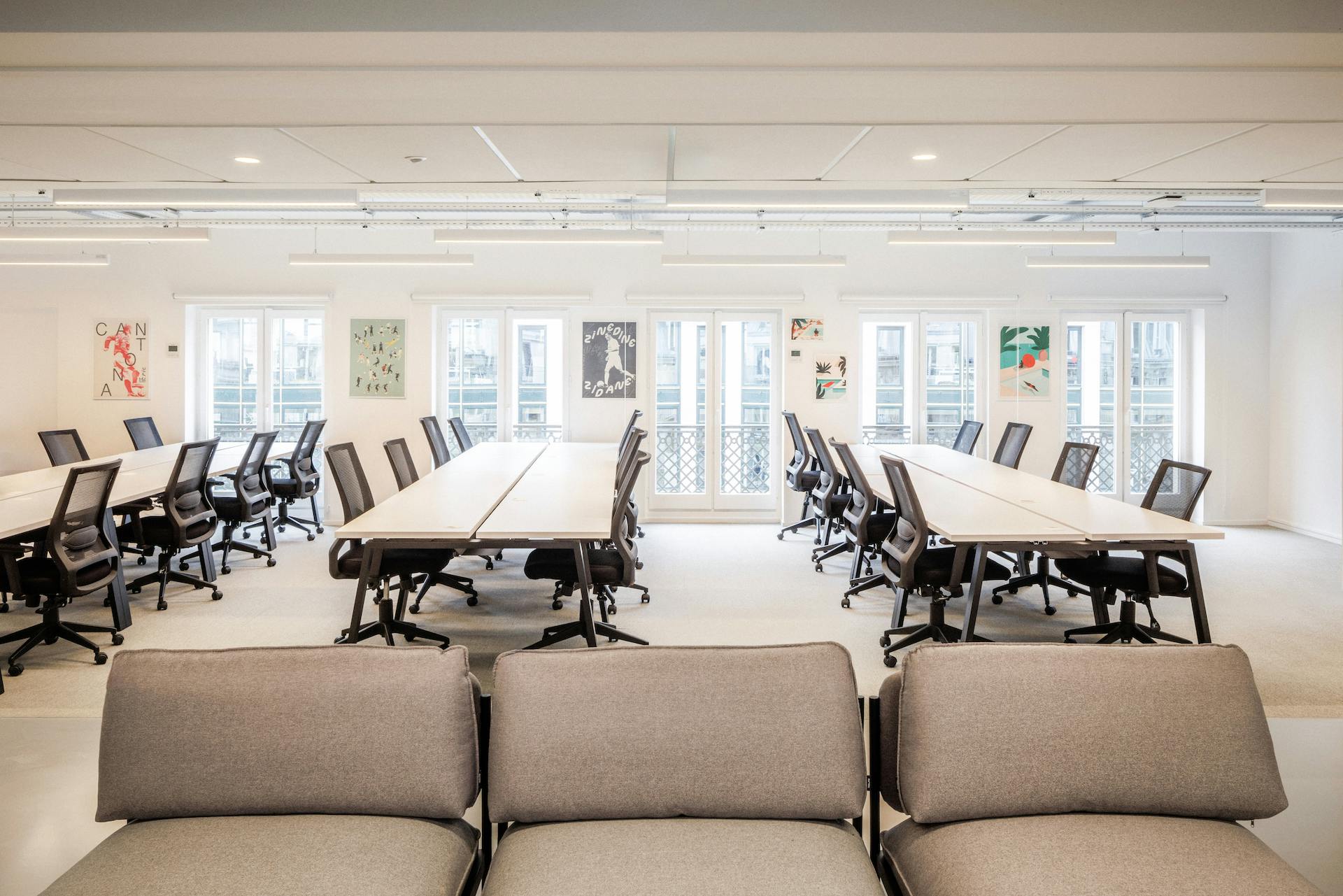

Renting serviced offices: taxation and benefits
Renting serviced offices offers many advantages to both the tenant and the landlord. Its strength lies mainly in its tax advantages. Indeed, renting serviced offices allows you to benefit from low-tax rental income compared to furnished rentals, which are reserved for residential use. Whether you want to make a real estate investment or find the best tax solution for your business, serviced offices could be the answer. Let's take a closer look.
What is a serviced rental?
We are talking here about the rental of professional office space, i.e. offices or commercial premises which, as their name indicates, are equipped. Just as a furnished rental would be for housing. Equipped rental is more for tertiary activities, as it requires less equipment. These premises are not empty, but are equipped with the equipment necessary for the company's activity:
- chairs ;
- desks ;
- storage furniture ;
- telephone ;
- waste bins, etc.
Depending on the company's activity, this may also include computer equipment, but also equipment for break-out, waiting or meeting areas:
- photocopier ;
- coffee machine ;
- video projector
The advantage is that tenants will not need to buy all this equipment. They will simply have to "put their bags down" and concentrate on developing their business.
However, you don't have to buy everything, you can make do with the essential equipment.
Why choose this solution?
The main advantage of renting out your property is its taxation. Indeed, you will be taxed in the category of Industrial and Commercial Profits (BIC) and not in the category of property income, which is much more taxed and regulated. The profit is subject to income tax on a progressive scale, the rate of which will depend on the level of your other income.
This tax regime allows you to deduct all costs and charges relating to the operation of your property:
- acquisition costs ;
- depreciation of movable and immovable property;
- all financial interests.
As a result, your taxation is virtually neutralised for a very long period and your investment is more profitable.
In addition, you will be subject to VAT. You will therefore be able to reclaim the taxes paid for :
- purchase of equipment
- works ;
- purchase of furniture;
- purchase of the property (if new or under construction).
This is why it is more interesting to rent your property to a tenant who can reclaim the VAT on his rent. This is not the case, for example, for medical professions.
How to make this investment?
To make this investment, you can either do it as a natural person or through a partnership such as a SNC or SARL de famille.
Good to know: you cannot make such an investment with an SCI (Société Civile Immobilière). This is because the activity carried out is commercial in nature. You are therefore automatically subject to corporation tax.
Professional or non-professional?
That is the question. According to the tax authorities, in most cases, the activity of renting out equipment is considered non-professional. But what does this mean? The treatment of deficits is different depending on whether the activity is carried out on a professional or non-professional basis. According to the General Tax Code, an activity is considered to be professional if there is a "personal, direct and continuous participation of one of the members of the tax household in the performance of the acts necessary for this activity".
When the activity is carried out on a professional basis, deficits "may be deducted from overall income without limit". Conversely, if you carry on this activity on a non-professional basis, the deficit may simply be "set off against future profits from the activity for six years".
What happens if I sell it?
If you are renting out your property professionally (which is not always the case), you will be subject to the tax regime for capital gains. You will benefit from a total or partial exemption if you have been in business for more than 5 years:
- Total exemption from capital gains tax: turnover of less than €90,000;
- Partial exemption: turnover between €90,000 and €126,000.
According to Article 151 septies B of the General Tax Code, for each year of ownership beyond 5 years, you can benefit from a 10% deduction on the real estate capital gain. Result: after 15 years, the entire long-term capital gain is exempt from tax and social security contributions.
As you can see, renting out equipped offices is an excellent way to reduce your taxes. What's more, it's on the rise! Equipped premises are very much in demand by companies wishing to rent work spaces without constraints and above all without requiring any investment at installation. In short, it's a real guarantee of peace of mind. Your future tenants will only have to devote themselves to the development of their professional activity.


Contact Us
We find your Perfect fit!
